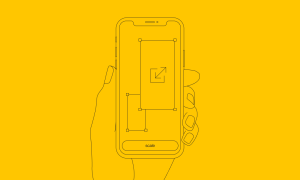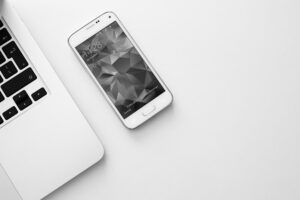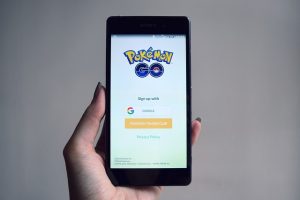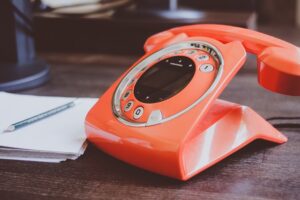Top Features of a Hearing-impaired Phone That Are Actually Useful

A general smartphone may not work for you if you are hearing-impaired or have difficulty hearing things. In such a case, you should buy a device that specifically caters to your needs. But the real trick is to identify the right time when you should start using these devices.
Unfortunately, hearing loss never gets the media attention that cardiovascular diseases and diabetes get in Australia. Approximately 40 children in every 10,000 live births suffer from hearing loss. When they grow up, hearing loss starts affecting their day-to-day life. Though the figure is not alarming as such, in terms of absolute numbers, the number of hearing-impaired people in Australia can be in the millions.
However, the good news is that people with difficult hearing abilities can still lead happy lives using appropriate smartphones and mobiles. You may come across several hearing-impaired friendly smartphones or gadgets, but make sure these devices come with all essential features intact.
Here are some essential features you need to watch out for before buying a hearing-impaired-friendly smartphone:
A Hands-free Conversation
It’s impossible for a person who is either deaf or has poor hearing abilities to hold phones in front of their ears and continue conversing with the people on the other end. In such a case, they can make use of speaker phones to enjoy hassle-free conversation for hours. Interestingly, the user doesn’t need to hold the receiver. They can simply relax on their chair or sofa while having a hands-free conversation. The device can be placed at a convenient location near the sofa or chair.
Sound Amplification or Whisper Mode
When you are buying a smart Hearing Impaired Phone, it should have essential features like sound amplification or whisper mode. The facility of sound amplification can help people with hearing loss to listen to voices more clearly and sharply. Ideally, the phone should have the feature of amplified sound, which can help deaf people listen to up to 60 decibels.
Some smartphones offer the facility of whisper mode instead of sound amplification. When you activate the whisper mode, you can hear more clearly what the other person is speaking, even if they are speaking mildly. It is observed that people who are hearing impaired often speak softly or too lowly. When the receiver activates the whisper mode, they can still clearly hear the voice even if you speak too softly.
Emergency Contact Facility
Hearing-impaired people can’t miss out on communicating with loved ones or concerned authorities in times of emergency situations. When you wish to buy a smartphone for yourself or your loved one who is unable to hear properly due to trauma, past history, old age, or congenital hearing disorder, choose appropriately.
Buy a device that facilitates emergency services during unforeseen times or situations. For example, the smartphone should provide emergency services such as speed dials and send automatic SOS messages to saved numbers in times of need. These days, some of these emergency security features can also be obtained from apps available on Google Play Store.
Speech-to-Text Capabilities
The speech-to-text or TTY (TeleType) Technology is a must for people suffering from deafness or hearing loss. Through TTY, the user gets a text-based system to communicate with the other person on the phone. TTY technology works with a screen or teleprompter so that the deaf person gets the automatic transcript of what the other person is speaking over the phone.
These features are sufficient to let you feel confident during the conversation. Even if you are hearing impaired or have been recently diagnosed with hearing loss, using appropriate equipment and gadgets can assist you in your day-to-day life.
In Conclusion
Don’t forget that hearing-impaired people can better grasp a particular situation or condition using visuals. So, when you are buying a smartphone for them, make sure the phone has the feature of video calling enabled in it.
Nobody wants to go through the hardship that people with hearing difficulties do. But, in some cases, it’s unavoidable.
Especially in the case of a congenital disease or the aftermath of a serious injury, your ears will be badly impacted. But in other cases, you can actually stay safe. For example, staying out of loud music and noise is essential. Regular exposure to loud music over 90 decibels can be detrimental to your ear’s hearing abilities.
In the beginning, you may not feel anything, but gradually, you’ll start experiencing symptoms like tinnitus, SSHL (Sudden Sensory Hearing Loss), migraines, and deafness.






